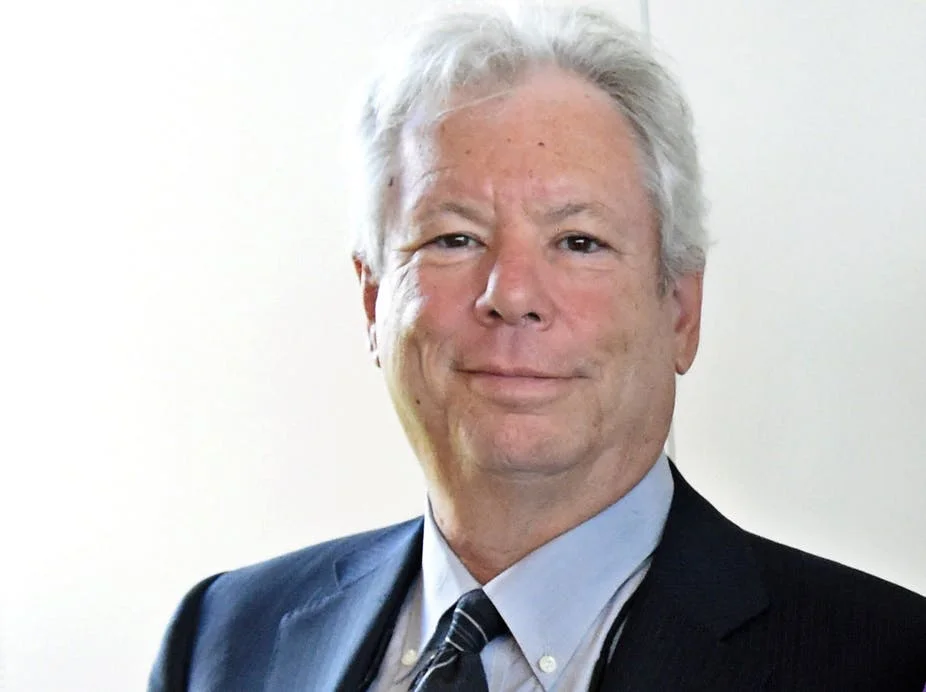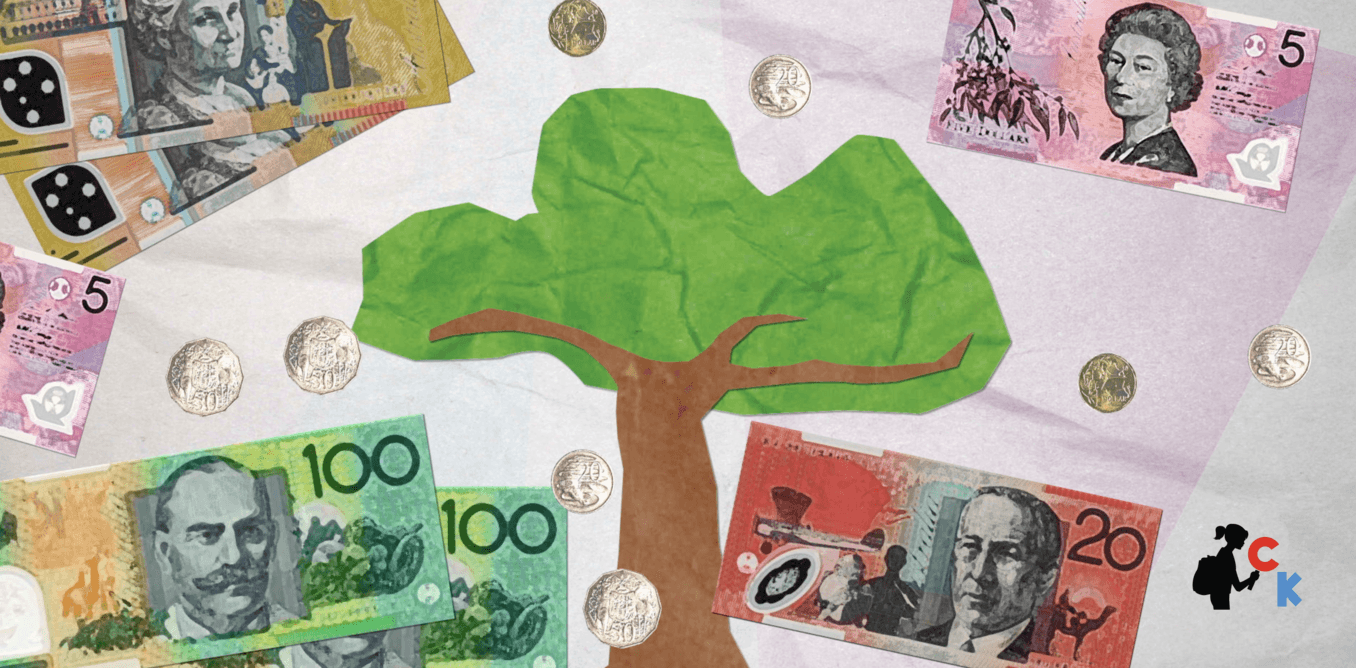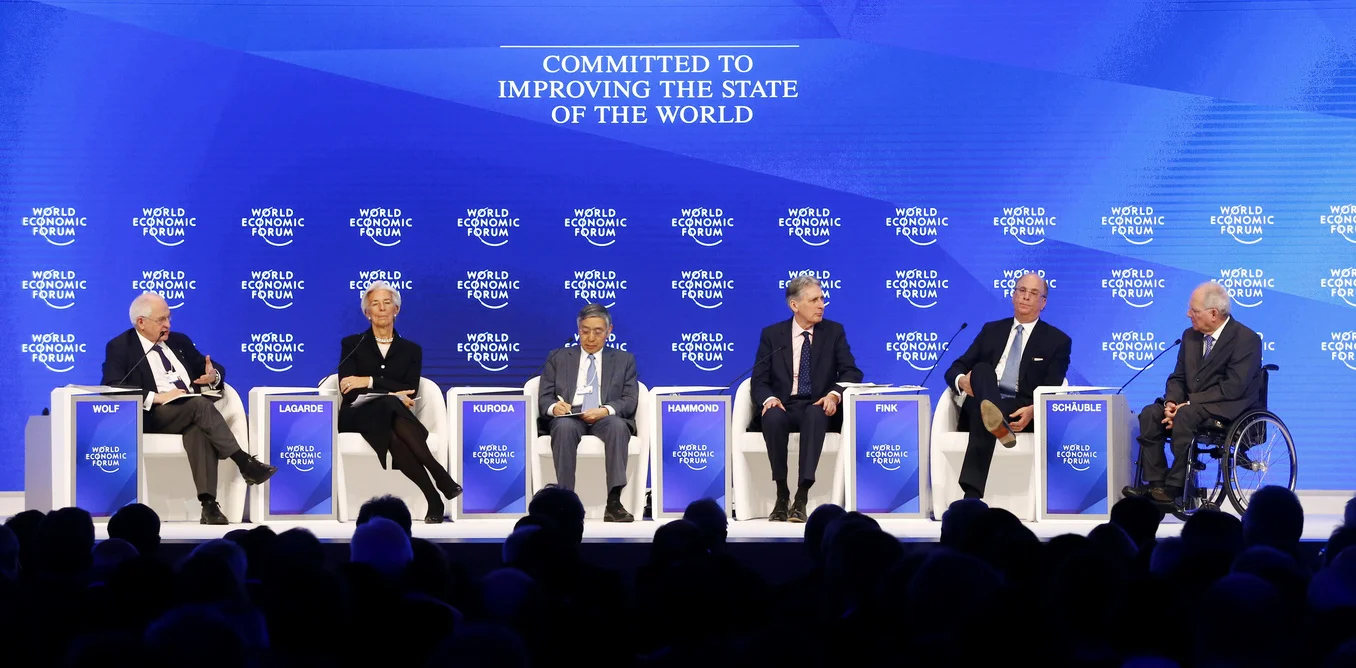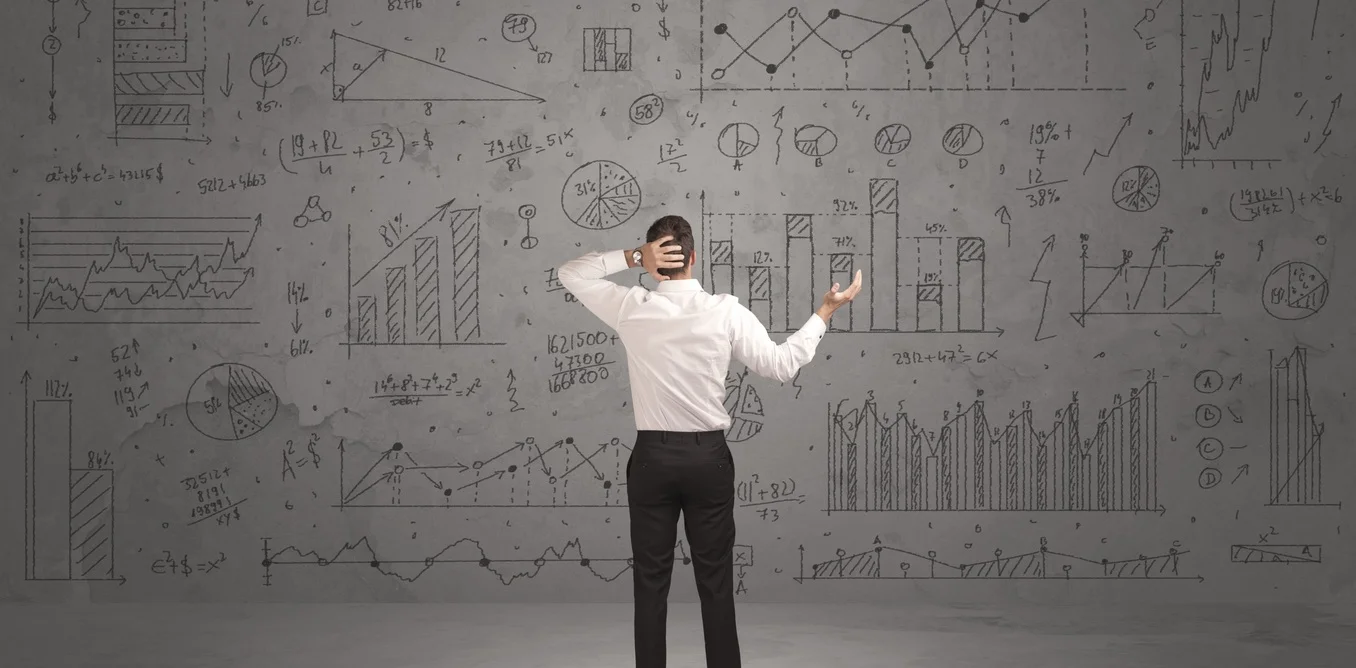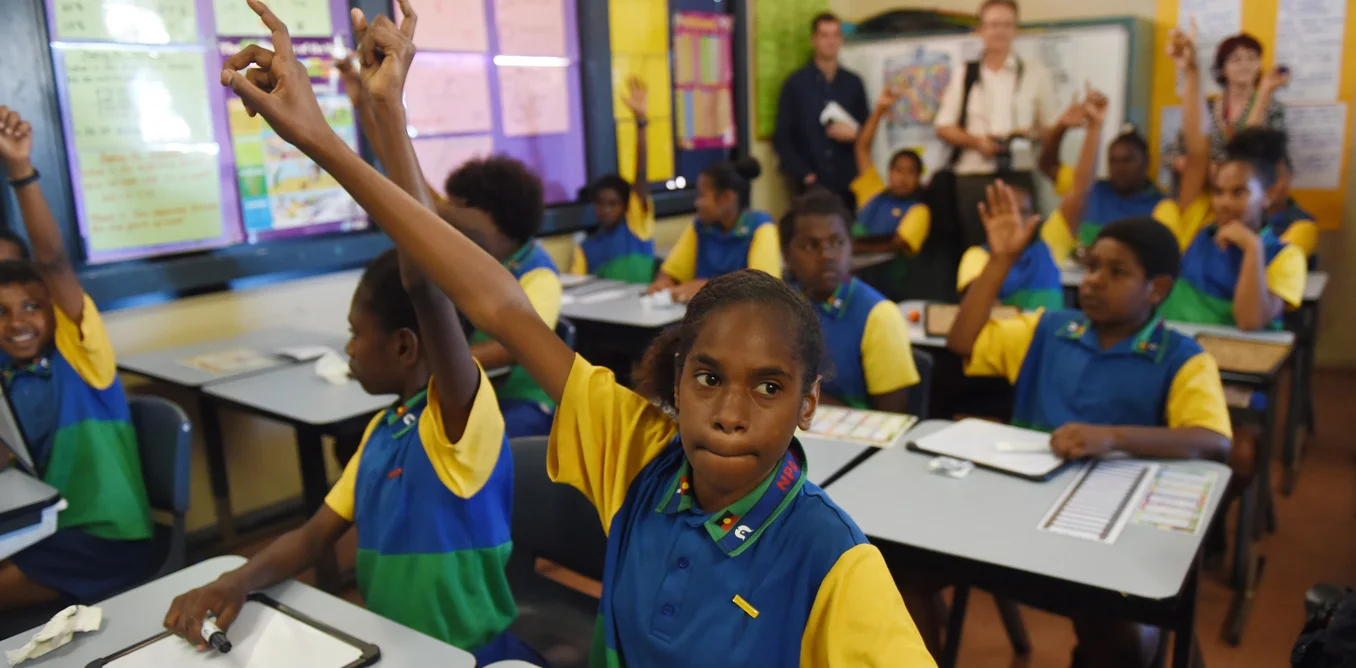The 49th Sveriges Riksbank prize in economic sciences – commonly referred to as the Nobel Prize for economics – has been awarded to Richard H Thaler for his contributions to behavioural economics.
Read MoreAround a fifth of 15-year-olds in Australia do not have basic financial literacy, according to a new OECD Programme for International Student Assessment (PISA) financial literacy assessment results report.
Read MoreWhere does money come from? – Millie, aged 5, Sydney.
Read MoreParadoxically, citizens in some of the most unequal countries think theirs is the paragon of meritocracy.
Read MoreIn Australia, like many other nations, the economics profession has a “leaky pipeline”: women’s participation starts off strong but progressively falls through the ranks.
Read MoreStatistics is a useful tool for understanding the patterns in the world around us. But our intuition often lets us down when it comes to interpreting those patterns.
Read MoreStatistics is a useful tool for understanding the patterns in the world around us. But our intuition often lets us down when it comes to interpreting those patterns. Here are some of the common mistakes we make and how to avoid them when thinking about statistics, probability and risk.
Read MoreThe growth in the number of Indigenous children entering school has implications for schools and governments alike. Principals and teachers will need to work hand-in-glove with Indigenous families to ensure school is a culturally safe environment for their children.
Read MoreIncome inequality in the member states of the Organisation for Economic Cooperation and Development (OECD) for example, “remains at record high levels despite improving employment rates. The picture outside of the OECD is similar”.
Read MoreWhen we tell ourselves stories, we link up a number of different events into a coherent whole. In financial markets and across the economy as a whole, these stories not only affect expectations but are expectations. And expectations shape behaviour.
Read More

